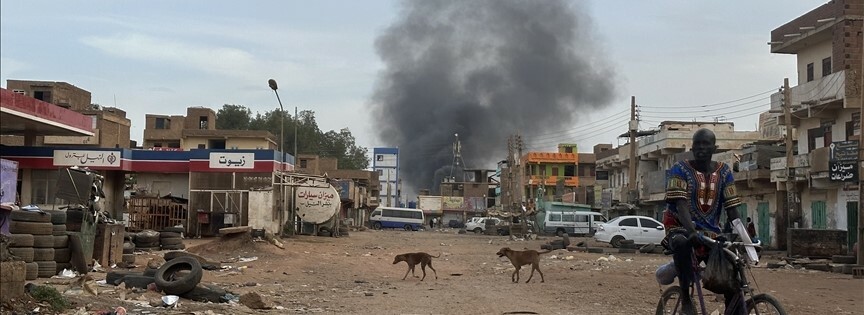Governor Ahmed Osman Hamza of Khartoum State has enacted Emergency Order No. (4) for 2024 to address “negative media publications” within the state. The order imposes strict regulations on media content dissemination. It prohibits the publication of “confidential national security information and content that may undermine state authority.”
“It is prohibited to publish any confidential information related to national security or the Armed Forces, including plans and military movements that may benefit the enemy,” the order states. “Additionally, publishing content that undermines the morale of the Armed Forces or boosts enemy morale is strictly forbidden.”
The order continues, emphasizing that “transferring or publishing any details about the work of the Armed Forces” is prohibited. It also prohibits spreading rumours that undermine state authority, publishing materials harming national security or the economy, and commenting on ongoing investigations or trials.
“Any media activity causing confusion, panic, or fear among citizens is banned,” the order adds. “It is forbidden to publish materials contradicting religious beliefs, promoting discord, or inciting tribal conflicts.”
Governor Hamza highlighted the order’s applicability within Khartoum State’s geographical boundaries. “The authorities, including the Armed Forces and the prosecution, are mandated to enforce this order,” he stated. “This includes seizing information devices suspected of violating the order and arresting suspected individuals.”
The order also specifies that “Anyone found violating this order, in addition to any penalties outlined by existing laws, could face imprisonment for up to two years and a fine of up to two million Sudanese Pounds. Equipment used in violation will be confiscated, with relevant authorities mandated to enforce this order.”
Journalist Taher Al-Mu’tasim, speaking to Radio Tamazuj, criticized the emergency order issued by the Governor of Khartoum State, stating it contradicts international, regional charters, and the constitutional document. He noted similar orders in other Sudanese states, like the River Nile State, which had minimal impact.
Al-Mu’tasim voiced concerns, stating, “Professional journalists, victims of war, are being silenced by these laws and emergency orders, while those outside professional journalism, spreading hate speech and misinformation, remain unaffected.”
He emphasized that such legislation undermines press freedom, opposing regional and international charters and constitutions. Al-Mu’tasim suggested that the law should target non-professionals on social media who disseminate rumours through videos and posts.




